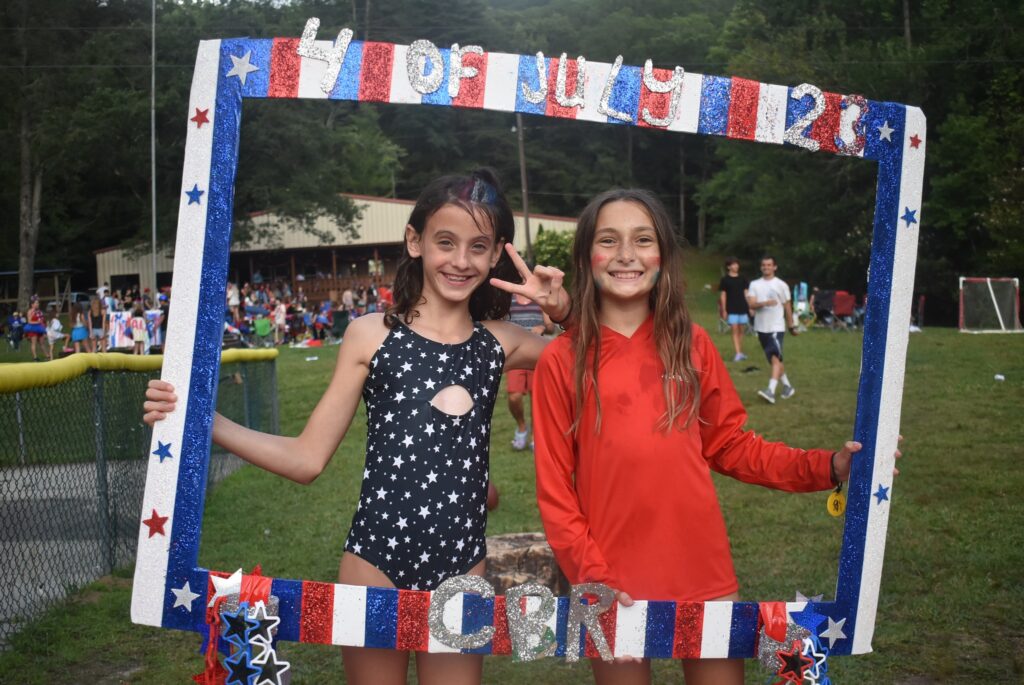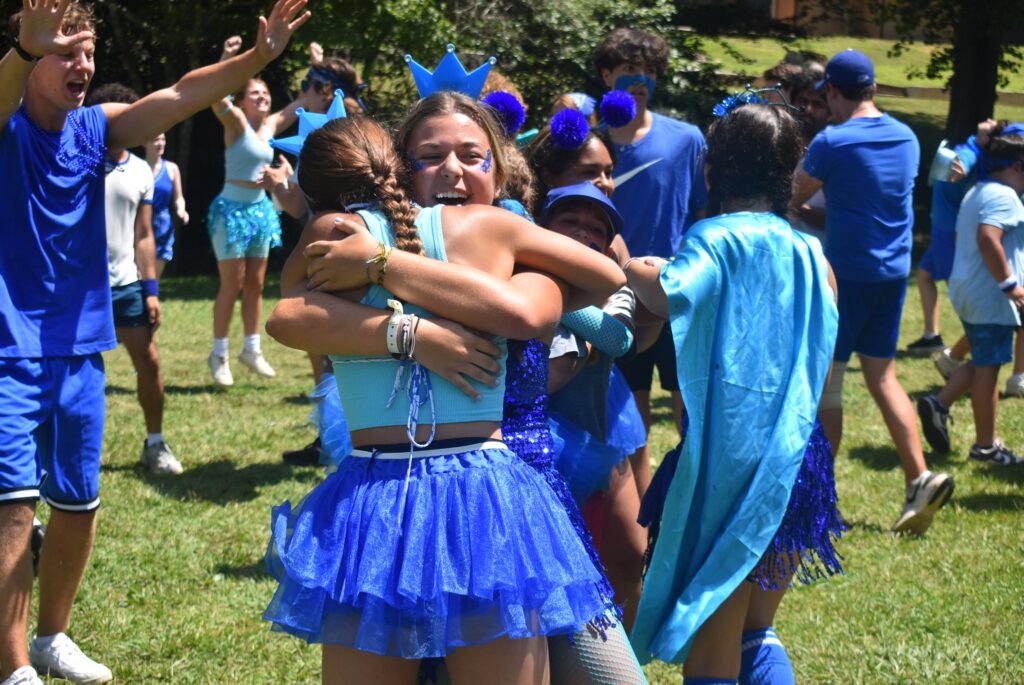Embracing the School Year: A Smooth Transition for Summer Camp Campers

Summer camps are a treasured part of many children's lives, providing them with unforgettable experiences, new friendships, and valuable life skills. However, as the sun sets on those sunny days and the school bells chime once more, the transition back to the school year can be both exciting and challenging for young campers. Here are some effective ways to ease the transition and make the most of the positive impact that summer camp can have on a camper's journey through the school year.

1. Emphasize the Skills Gained at Camp
Summer camps often focus on emotional development, teamwork, problem-solving, and leadership. Encourage campers to reflect on the new skills they acquired during their camp experience. Whether it was learning to work together as a team to overcome challenges or gaining confidence in trying new activities, these skills are transferable to the academic setting. Even the social aspect of camp and school can be extremely relatable.
2. Maintain Friendships Made at Camp
One of the most cherished aspects of summer camp is the bonds formed with fellow campers. Encourage campers to stay in touch with their camp friends during the school year. Having familiar faces around can help ease the anxiety of returning to school and foster a sense of belonging. Consider organizing meetups or playdates with camp friends to reinforce these friendships beyond the camp's confines.
3. Establish a Routine Early
Summer break can lead to a more relaxed schedule, but as the school year approaches, gradually reintroduce a structured routine. Start by setting regular bedtimes and wake-up times a week or two before school starts. This can help campers readjust to the early mornings and ensure they are well-rested for the challenges ahead.
4. Encourage Open Communication
During the school year, children may face new academic and social challenges. As parents or educators, create an open and supportive environment for campers to express their feelings and concerns. Listening attentively to their experiences and empathizing with their emotions can make them feel understood and valued.
5. Incorporate Camp Lessons into Academics
Teachers can build on the skills acquired at summer camp within the classroom setting. Encourage students to share their experiences and insights with their peers, fostering a sense of camaraderie. Use group activities that emphasize teamwork and cooperation, drawing parallels to the camp experiences.
6. Plan for Extracurricular Activities
Encourage campers to explore extracurricular activities that align with their interests. Whether it's joining a sports team, participating in a drama club, or engaging in a hobby, extracurriculars provide an opportunity for campers to continue their personal growth beyond the camp environment. These activities can also serve as avenues for making new friends with shared passions.

Summer has ended, but the memories created and the skills acquired will forever shape the campers' lives. By embracing these experiences and using them as a foundation for the school year, campers can transition back into the classroom with confidence and excitement. Talk to your child or student about their camp experiences and bring to light all of the necessary tools your camper learned to help them flourish academically, socially, and emotionally. With the right guidance and encouragement, the school year can become another chapter in the beautiful journey of personal growth that began at summer camp.